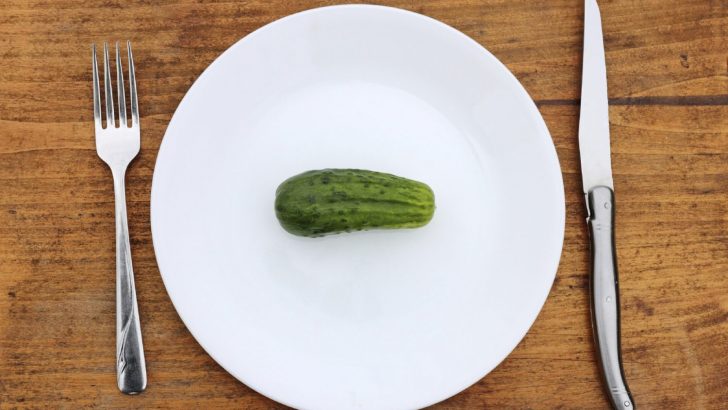Warner’s love of food in all its variety and versatility greatly enlivens his provocative, most entertaining book.
He argues that healthy eating involves moderate consumption of a wide range of foods. The odd treat – a bag of crisps, a biscuit – does us no harm. The bag of chips that rounds off a jolly day at the beach with the family surely does more to enhance our sense of well-being than a day on the Grapefruit Diet. What we need is dietary advice, not diets, he suggests.
With great wit and the careful employment of expletives, he makes a powerful case against what he calls ‘nutribollocks’ – superfoods and wonder diets and their ‘charlatan’ advocates.
The claims the charlatans make tend to be exaggerated rather than false.
Craze
Take the current craze for coconut-oil, an ordinary saturated fat, for which Gwyneth Paltrow is largely responsible. Extra-virgin coconut-oil has a greater level of anti-oxidants and polyphenols than the refined variety. But that is about it, according to the nutritionists.
Who are the charlatans?
Some are money-grubbers or the shills of corporations. Many, though, are true believers, perhaps with ‘alternative’ backgrounds, people predisposed to believe that certain foods or substances have special properties.
Why are the charlatans thriving? Warner believes that they exploit the uncertainty surrounding food and diet.
What is good for some of us is not good for others. If a nutritionist tells you that drinking a glass of red wine a day may benefit your health, he also needs to warn you against drinking alcohol if you are pregnant, or if your brain is still developing, or if there is a history of alcoholism in your family.
Research increases knowledge and fresh knowledge in turn changes attitudes: dairy is in favour again; free radicals are not as evil as we once believed they were, and so on, and on.
When it comes to food and diet there are no hard rules. Charlatans are flourishing in an age when information tends to spread horizontally.
However, food professionals need not engage the cranks in debate. As Anthony Warner so ably demonstrates, ridicule is the best way to deal with the ridiculous.



